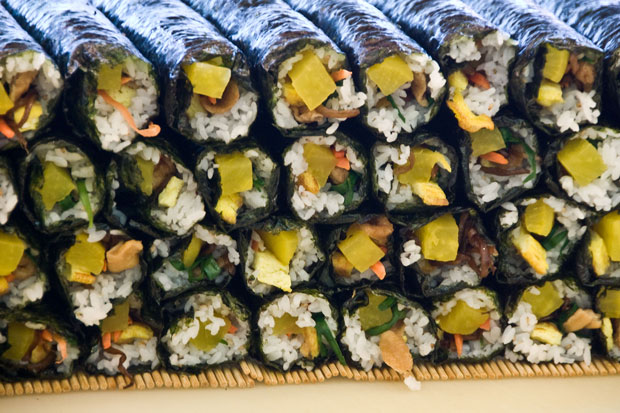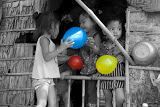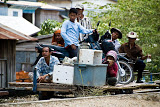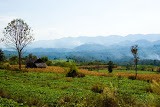 Three barefoot girls in skirts and short sleeves accosted us the moment our tuk-tuk pulled up to the posh toilets at Angkor Archaeological Park. “Fan, one dollar, lady. Fan?” “Bracelet, lady, bracelets? Ten for one dollar, lady, ten for one dollar. I give you good price. See, beautiful bracelets.” “Where you from, lady, where?” “America? I know America, lady. Your capital is Washington, D.C. The smallest state is Hawaii and Hawaii’s capital is Honolulu. President is Barack Obama and his wife is Michelle and he has a dog named Bobo.”
Three barefoot girls in skirts and short sleeves accosted us the moment our tuk-tuk pulled up to the posh toilets at Angkor Archaeological Park. “Fan, one dollar, lady. Fan?” “Bracelet, lady, bracelets? Ten for one dollar, lady, ten for one dollar. I give you good price. See, beautiful bracelets.” “Where you from, lady, where?” “America? I know America, lady. Your capital is Washington, D.C. The smallest state is Hawaii and Hawaii’s capital is Honolulu. President is Barack Obama and his wife is Michelle and he has a dog named Bobo.”
These children straddle irritation and resilience, repeating the same phrases to thousands throughout the day, unceasingly displaying cheap trinkets in the hopes that they may earn a dollar or two. Yet, that day, in a place where tourism fills every crevice of the temples and commercialism suffocates authenticity, they transported us far from the desultory crowds with the power of conversation.
It began with a smile; then again, perhaps all good things in life begin with a smile. “How did you learn about President Obama and America?” “From school,” the girl in the long brown skirt responded. “Where do you go to school?” “That way, in Angkor,” she pointed vaguely to the east and described a school filled with other brown faces in white shirts and blue skirts.
Three became eight and then twelve and then my head reached above a swarm of girls, each crowding around me to tell me about their schools, friends, ages, and favorite subjects. The girl in the pink printed dress with dragging flowers and I shared that our favorite school subject was spelling and I sympathized with those who hated math. Perhaps emboldened by these confidences, a twelve-year old girl with a runny nose, said indignantly, “Those men in that tuk-tuk over there said that they will not buy from us because we do not go to school. We go to school. We go to school every day but then we work on every Sunday because there is no school on Sunday.”
Fifteen minutes after we first arrived, we climbed into the tuk-tuk. The girl in the pink printed dress stopped me, placing her hand on my arm, and said to me, “You take this bracelet. For free.” When I laughed and tried to give it back, she said, “No. You take this, for you, because you so friendly. You are so friendly and nice with us. You take this.”
I gave these girls nothing tangible and only what were mine to freely give: conversation, smiles, and laughter. In return, I received warmth and a bracelet. In sight of Angkor Wat, a place where green bills carpet the ruins and adults willfully ignore the persistent youths, we had discovered an impenetrable truth: there is a currency out there accepted by all people that does not require troublesome exchange rates or ATM fees but exists solely within our own hearts.
-----
Does this post resonate with you? Have you had similar experiences? How do these kind of everyday experiences compare with just visiting a major tourist sight?
This post has been entered into the Grantourismo-HomeAway travel writing competition for March .












